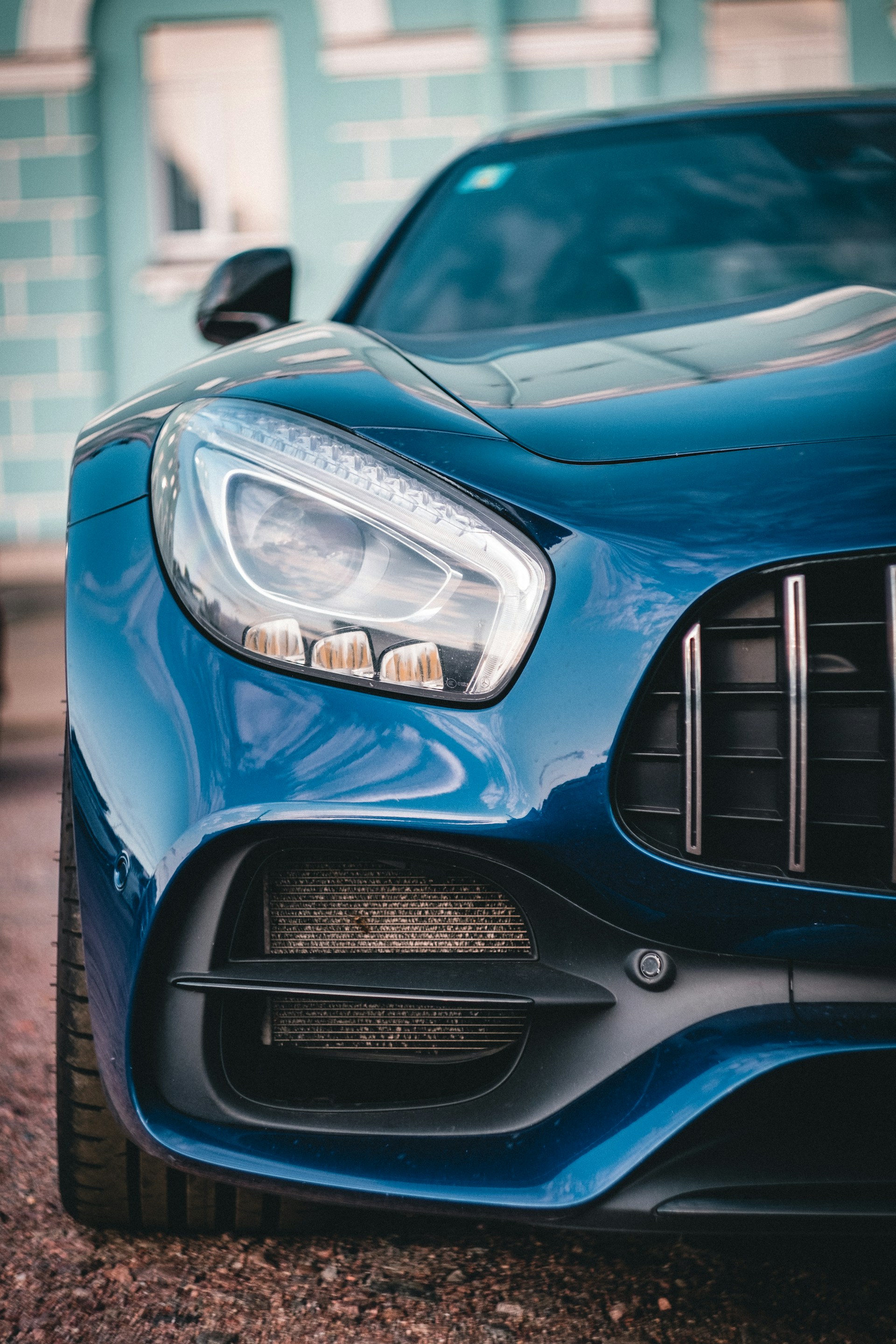Most of us drive cars, but really have no clue how they work. They are quite intricate machines, full of thousands of different parts. Of course we want our cars to run smoothly and never break down, but that is hardly ever the case. That's why we have a compiled a list of the 20 most common car problems people face, so that you're more aware of the potential issues and how to avoid some of them.
1. Flat Tires
Flat or punctured tires are a problem that every driver will have to deal with eventually. It’s so difficult to spot all the small nails and objects on the road and avoid them. Learn how to change a tire, or just keep an eye out for them sagging a bit low.
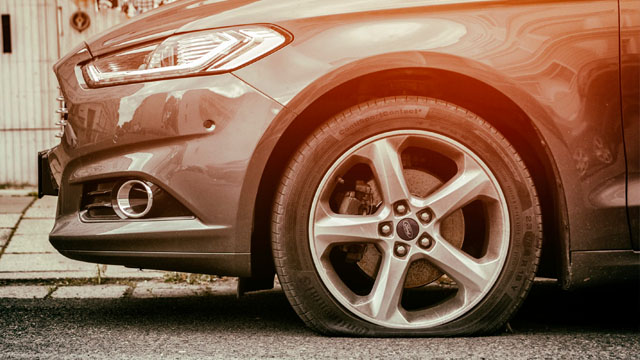 Photo by Denny Müller on Unsplash
Photo by Denny Müller on Unsplash
2. Overheating
Be aware that your car can overheat. Particularly if you live somewhere warm and have consistently hot weather. There are many reasons your car can overheat such as low coolant levels or a faulty radiator. Just be cautious during the hottest summer months.
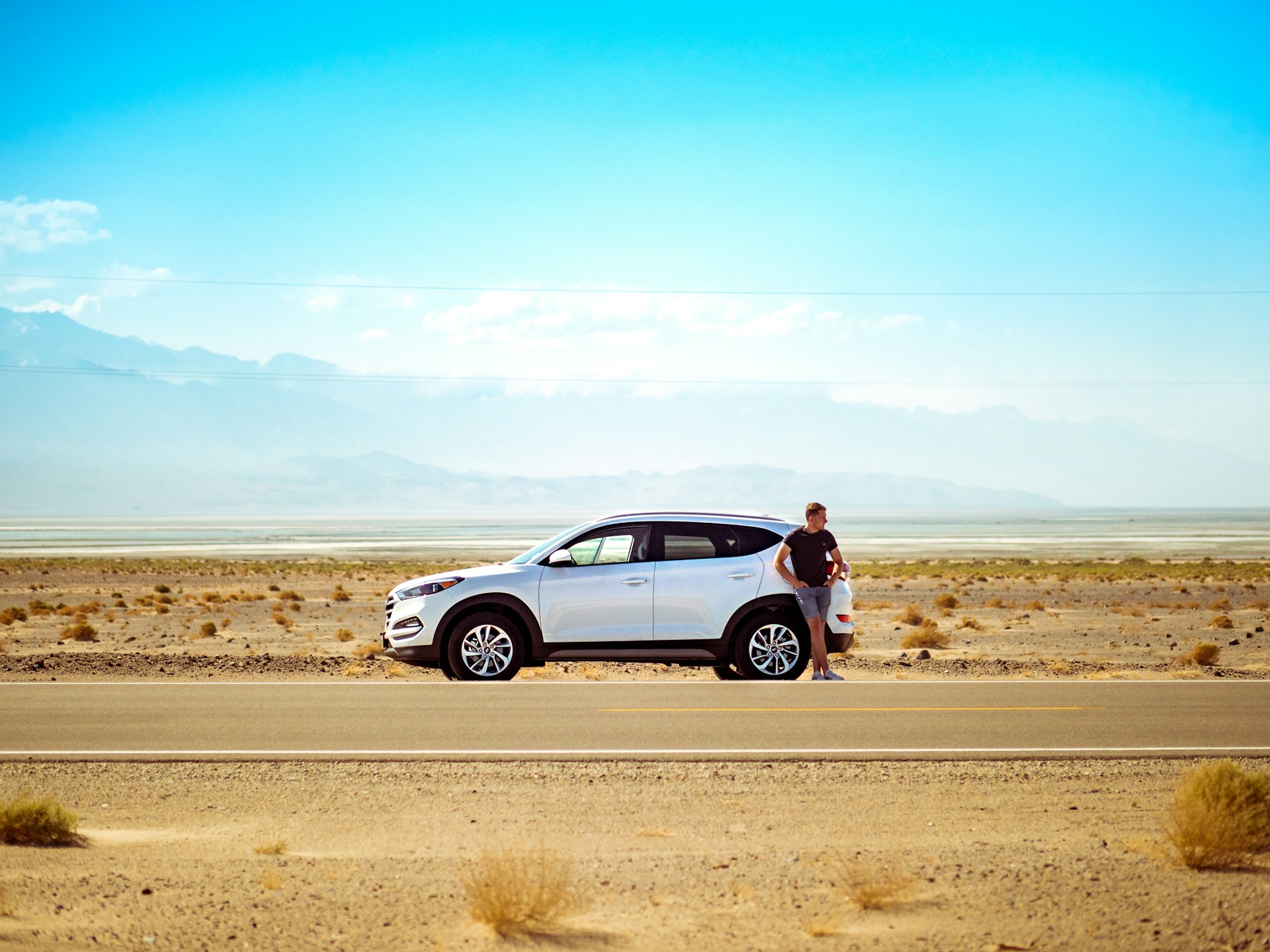 Photo by Jamie Street on Unsplash
Photo by Jamie Street on Unsplash
3. Worn Brake Pads
Make sure you get your break pads checked every once in a while. It’s dangerous to drive when they are worn out. If you ever hear a grinding/screeching sound when you break, similar to that of a subway car, you’re most likely due for a replacement.
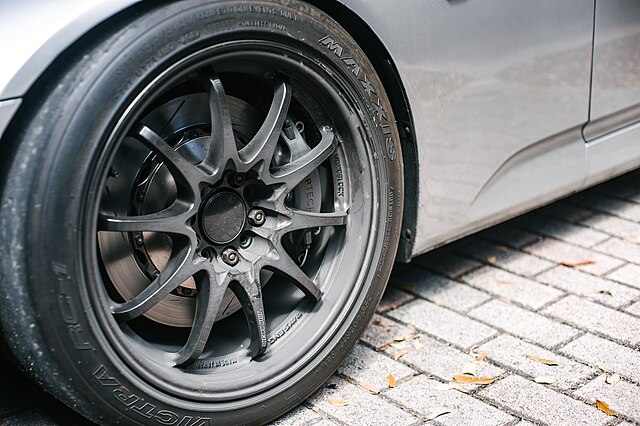 Photo by Rick Flores on Wikimedia Commons
Photo by Rick Flores on Wikimedia Commons
4. Dead Battery
A dead battery is a common issue many drivers experience. If you use too much of your car's energy while parked you will drain it quickly. Just be careful and mindful when plugging in all your devices.
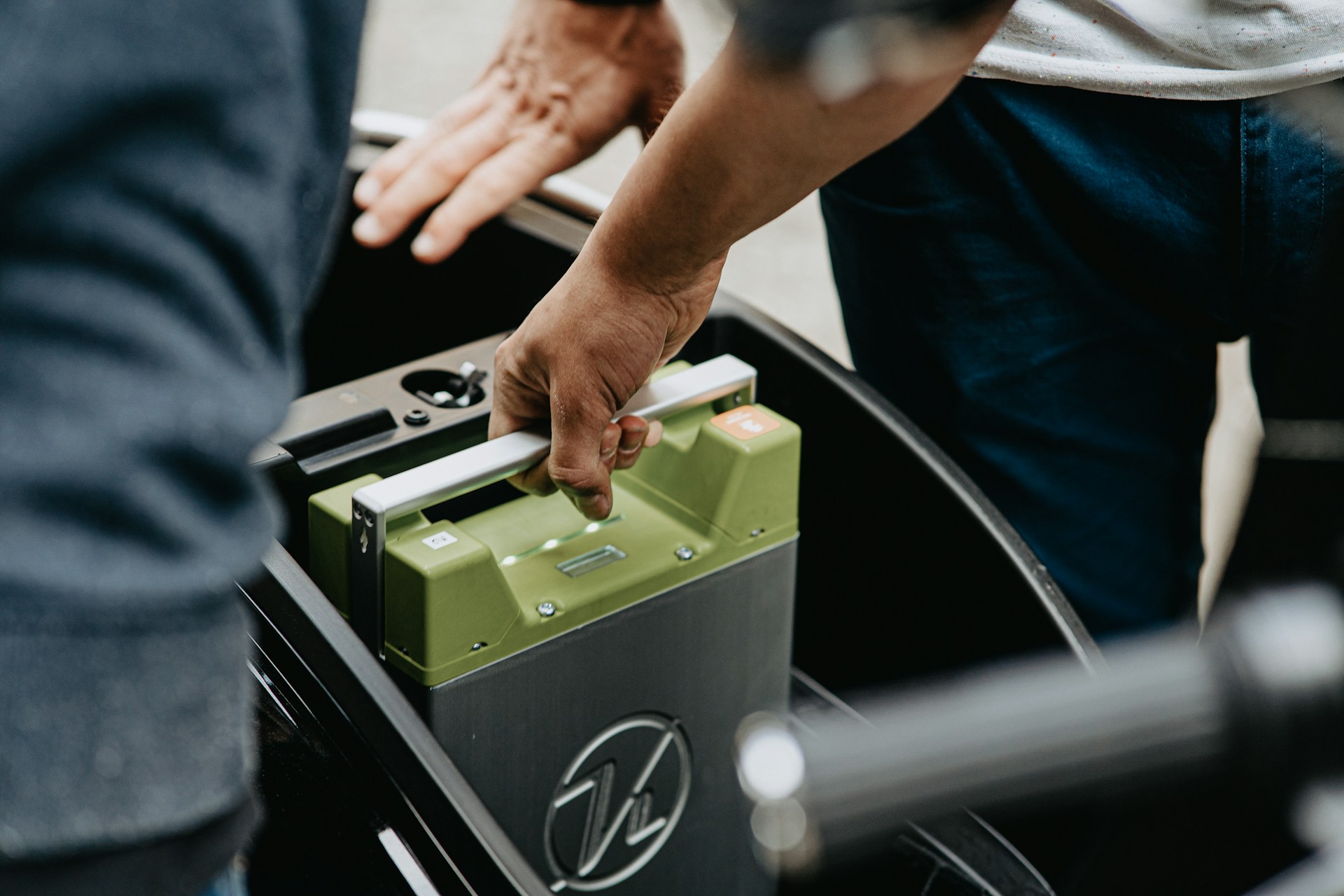 Photo by Kumpan Electric on Unsplash
Photo by Kumpan Electric on Unsplash
5. Engine Failure
Engine failure is not the problem you want to have with your car. It is a serious issue that can be caused from many different things. Just be sure to have regular engine maintenance check-ups and you’ll avoid any problems.
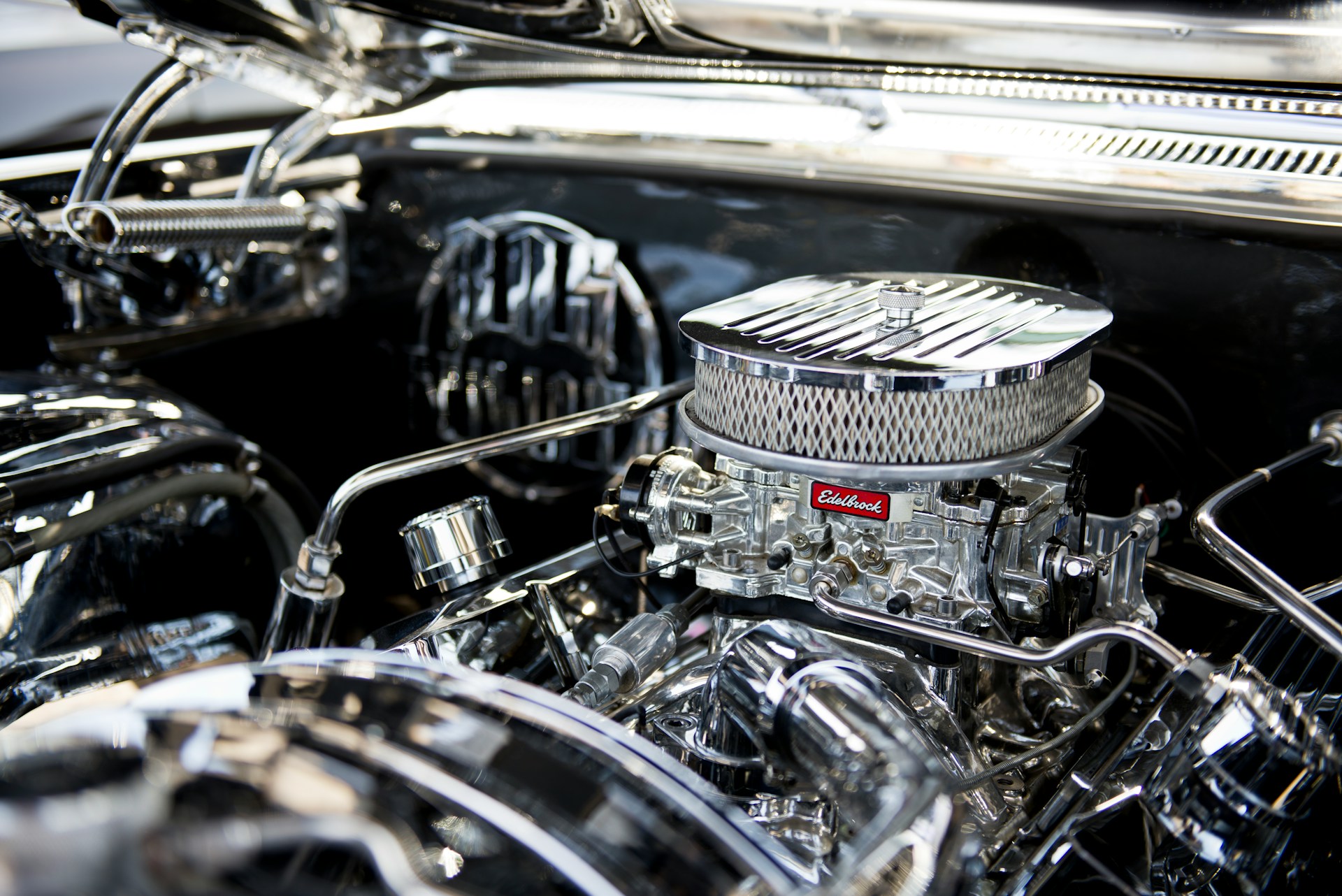 Photo by Tim Mossholder on Unsplash
Photo by Tim Mossholder on Unsplash
6. Leaky Fluids
Oil or coolant leaks happen all the time. If you are leaking, your engine may not be getting the proper fluids and can overheat or breakdown. If you ever notice a trail of liquid behind your car, take it in for maintenance immediately.
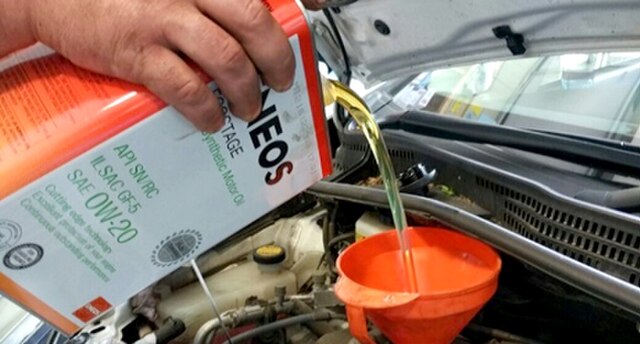 Photo by JX Nippon on Wikimedia Commons
Photo by JX Nippon on Wikimedia Commons
7. Alternator Failure
If your alternator ever fails, your car will lose power. It is a main component in making sure that your cars electrical system is running smoothly. If your alternator fails, so does your battery. Regular checkups will avoid this annoying potential issue.
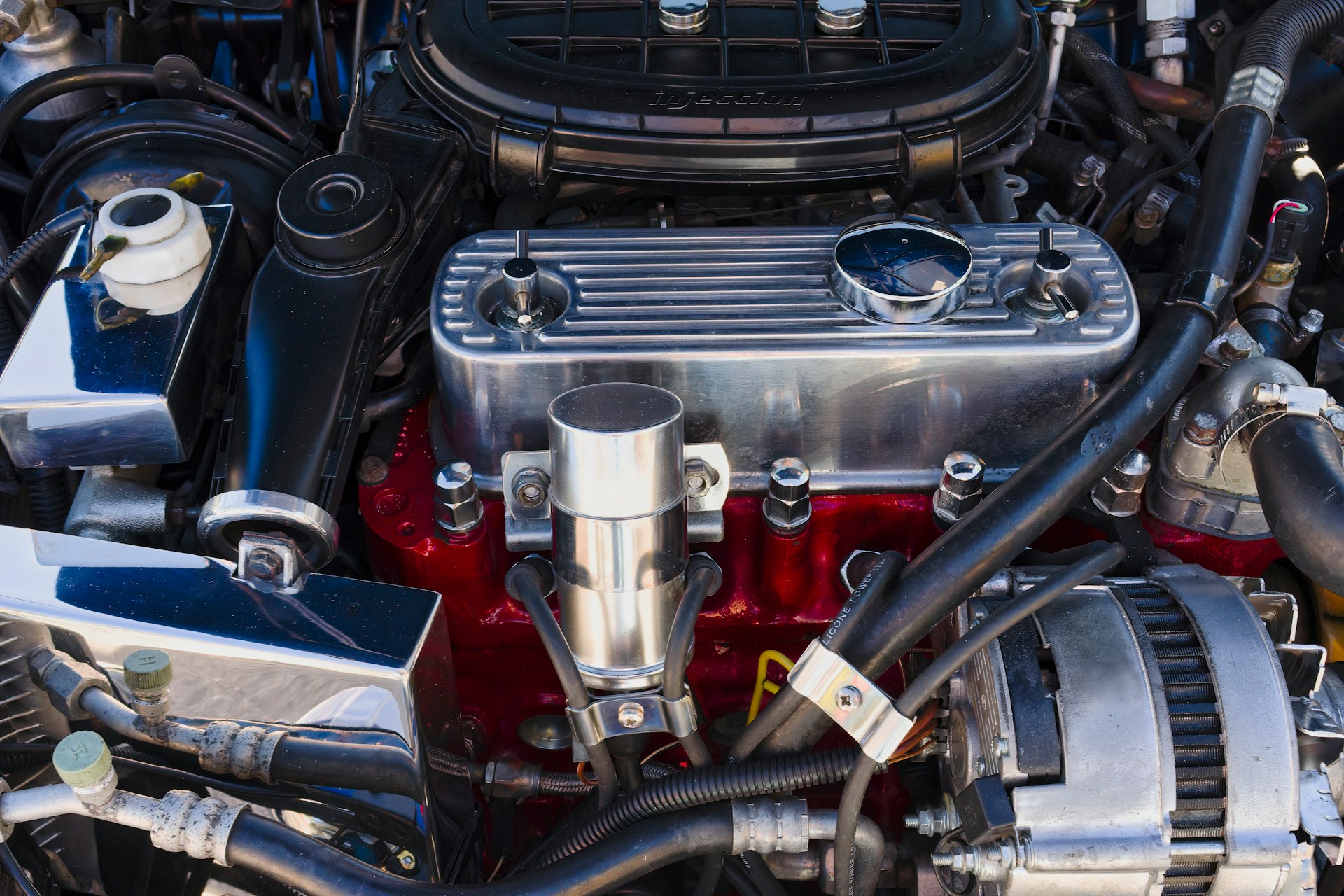 Photo by Eric Prouzet on Unsplash
Photo by Eric Prouzet on Unsplash
8. Failing Starter Motors
If your starter fails, your car will not start. If you try to start your vehicle and all you hear is a clicking sound without the engine turning on, this is likely the problem. It's a simple fix, but not one you should have have to deal with if you take care of your car.
 Photo by JD Weiher on Unsplash
Photo by JD Weiher on Unsplash
9. Faulty Ignition Switch
Be aware that any issues with your ignition switch can prevent your car from starting at all. It’s also possible that your vehicle can stall in the middle of your drive. It’s a tough one to avoid, just take care of your vehicle.
 Photo by Masaaki Komori on Unsplash
Photo by Masaaki Komori on Unsplash
10. Worn Out Clutch
Any drivers of manual transmission cars should be on the lookout for a worn-out clutch. You’ll know if it starts to become increasingly difficult to change gears. The friction wears the clutch down overtime, potentially causing it to slip gears. Avoid this at all costs!
 Photo by vasudhavan T on Unsplash
Photo by vasudhavan T on Unsplash
11. Failing Fuel Pump
Make sure to keep an eye out for your fuel pump. If there is any issue, the engine won’t get the proper amount of fuel. The result will cause your car to jerk around or even stall.
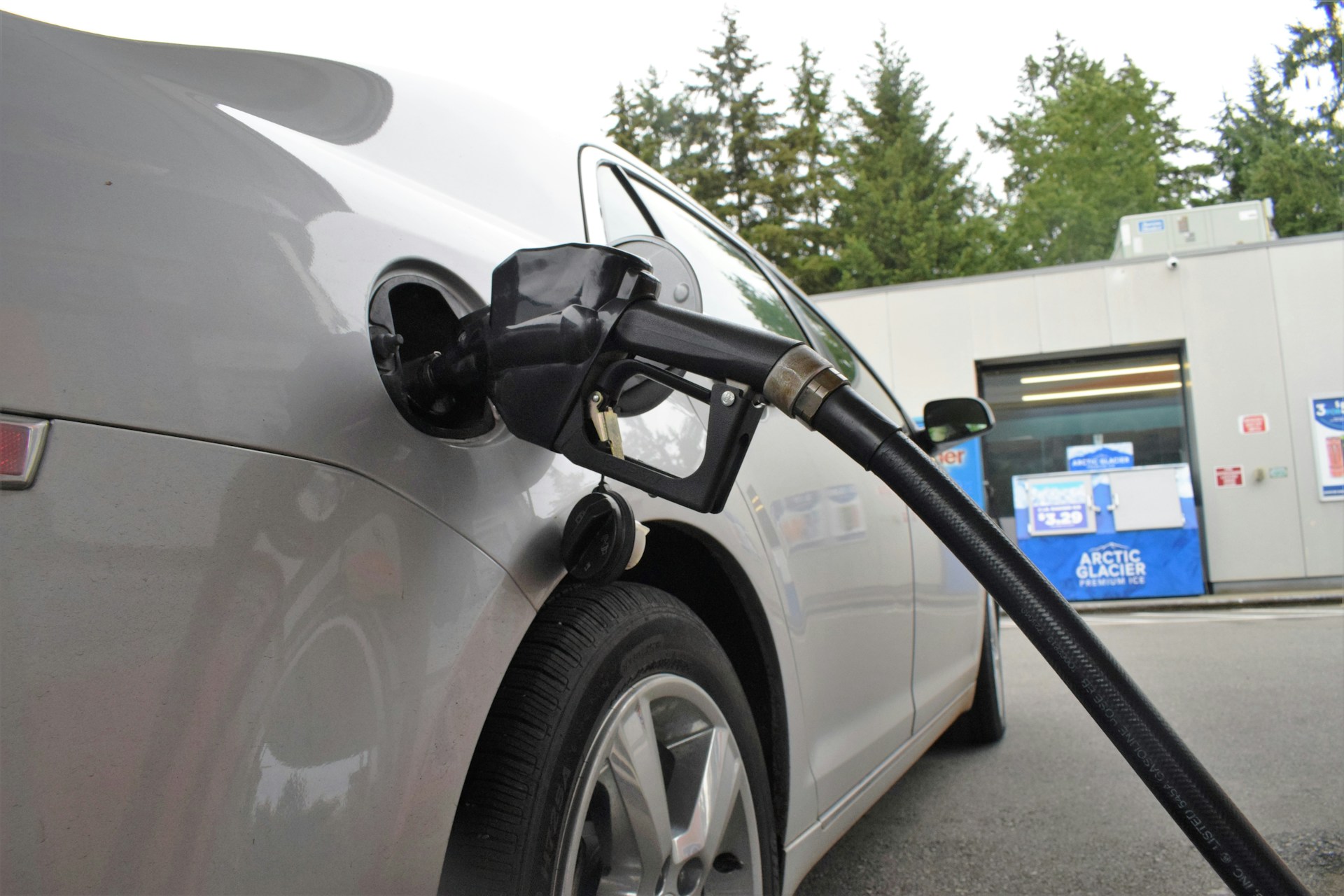 Photo by j. a. uppendahl on Unsplash
Photo by j. a. uppendahl on Unsplash
12. Broken Timing Belt
If you ever have a broken timing belt you’ll know immediately. You’ll start hearing a number of grinding sounds as a number of parts will come into direct contact. This is a serious issue that should be dealt this immediately. Pull over and get your car towed to the shop.
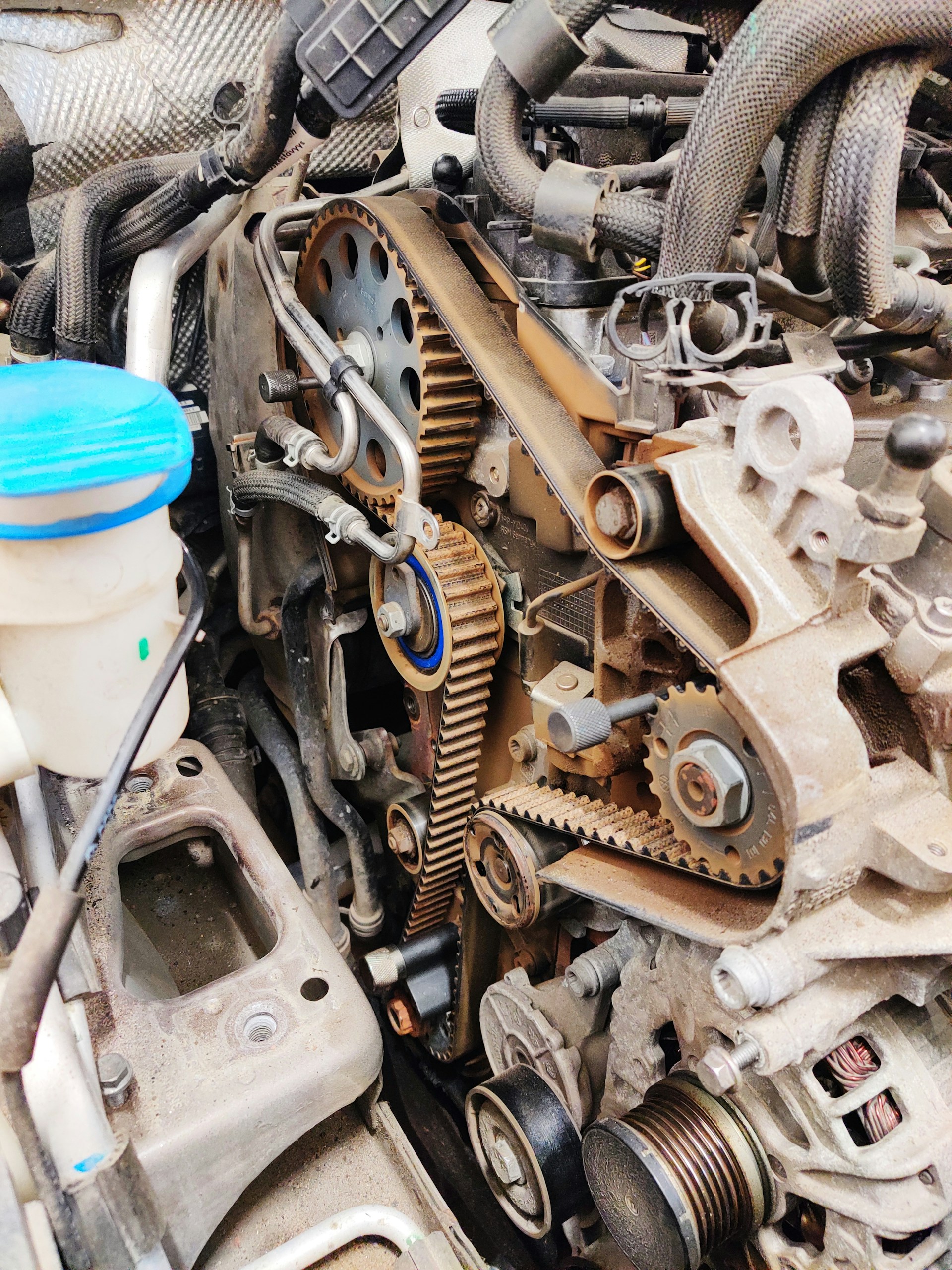 Photo by Parvez AzarQaderi on Unsplash
Photo by Parvez AzarQaderi on Unsplash
13. Blocked Fuel Filter
If your fuel filter is ever blocked your engine won't be getting what it needs. You'll notice that your car won't perform the way it should, especially while trying to accelerate. Take it into the shop to avoid more major damage.
 Photo by Wolf Schram on Unsplash
Photo by Wolf Schram on Unsplash
14. Suspension Issues
Your suspension is in charge of keeping your ride smooth. When it’s having issues you’ll notice a lot more bumps in the road. It’s usually caused by worn out shocks or springs. Get it fixed so your drives are safe and comfortable once again.
 Photo by Salah Ait Mokhtar on Unsplash
Photo by Salah Ait Mokhtar on Unsplash
15. Faulty Oxygen Sensor
If you’re ever having oxygen sensor issues, your vehicle's performance will plummet. Your car's onboard computer system regulates how much unburnt oxygen is in the exhaust system. So if the sensor is faulty, it will give your car bad information that can damage it.
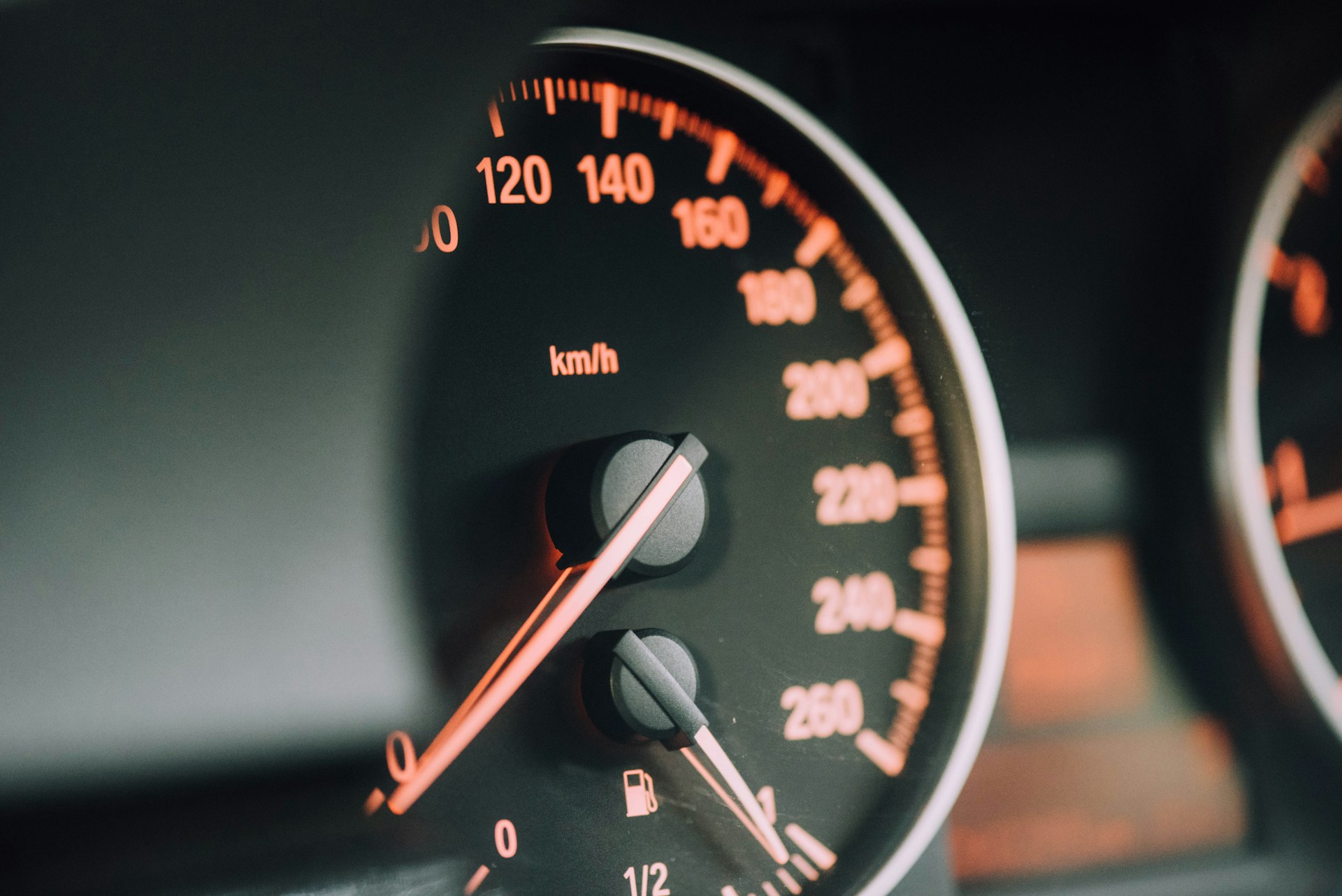 Photo by CHUTTERSNAP on Unsplash
Photo by CHUTTERSNAP on Unsplash
16. Clogged Exhaust
Make sure to keep an eye out for a clogged exhaust. Your car’s fuel economy will go down and release harmful emissions into the sky. The clogs are typically caused by catalytic converter failures, so get it checked if your car performance is dipping.
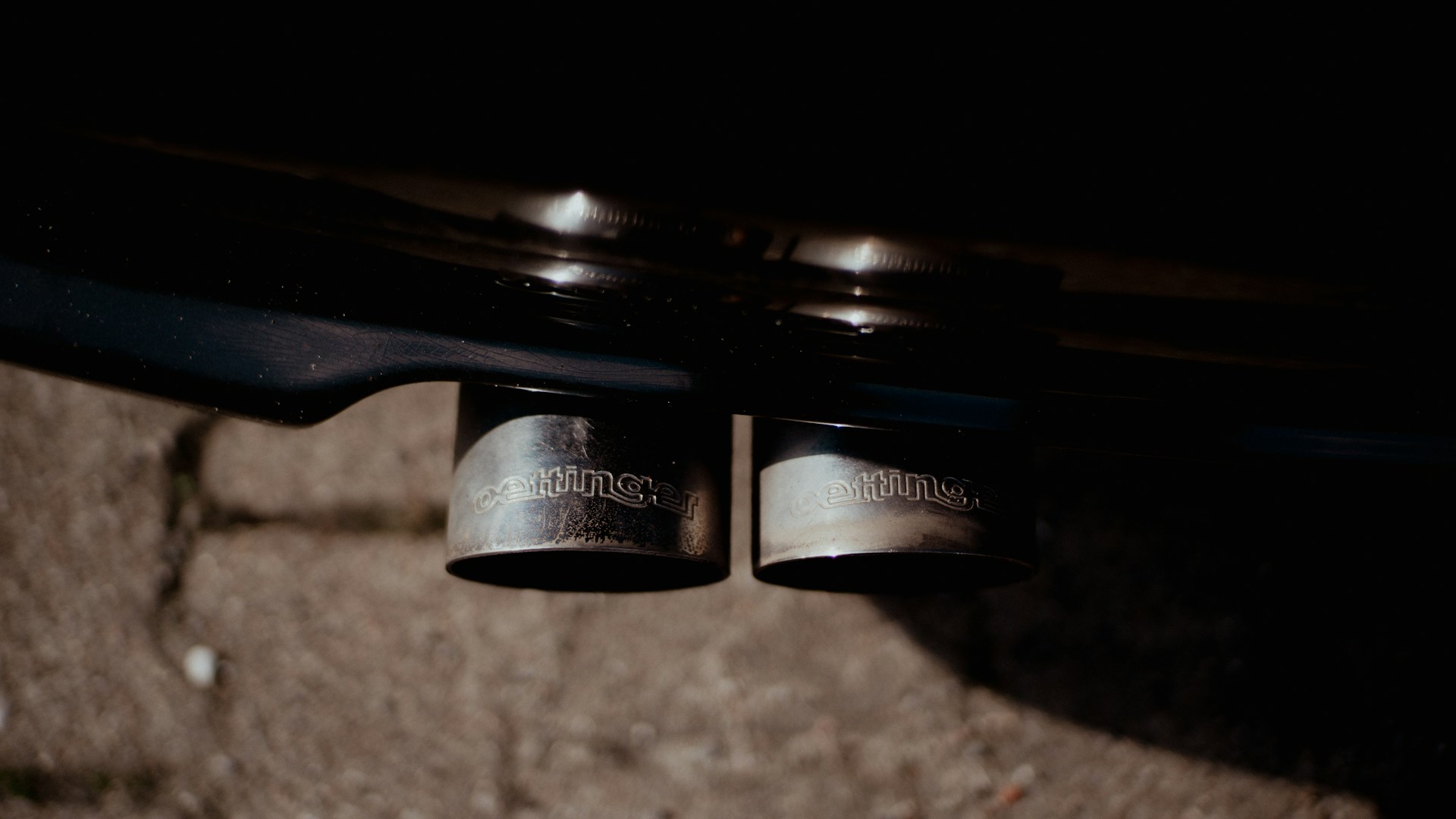 Photo by Christopher John on Unsplash
Photo by Christopher John on Unsplash
17. Problems with Air Conditioning
Many people have to deal with air conditioning issues. The main cause is usually a weak compressor, or electrical problems. You’ll need the cool air on a hot day, so just make sure your car is regularly serviced.
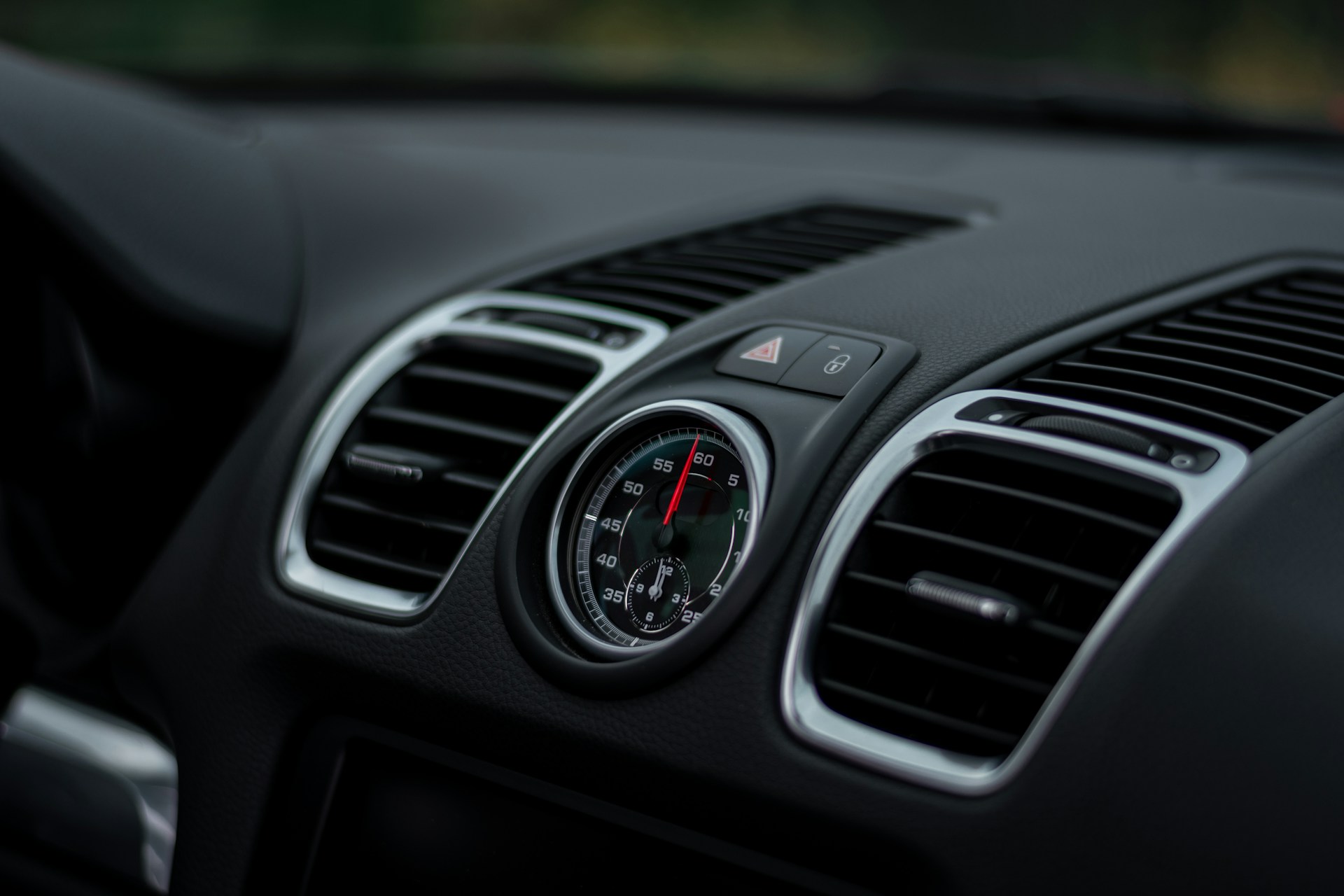 Photo by Olav Tvedt on Unsplash
Photo by Olav Tvedt on Unsplash
18. Failing Power Steering Pump
If your car's power steering pump fails, you find it way more difficult to steer your car. Mostly caused by a fuel leak, make sure to get it fixed quickly. It’s quite dangerous if you lose control of your vehicle.
19. Radiator Leaks
Watch out for radiator leaks, the end result is an overheated engine that can break down. Leaks can happen for many reasons, so just be sure to get your car checked regularly to avoid more serious engine issues.
20. Faulty Transmission
If you ever have transmission problems, your car will become almost impossible to safely control. Make sure to listen for any weird grinding sounds. It’s a tough problem to avoid, but if it does happen try to pull over as quickly as possible.



